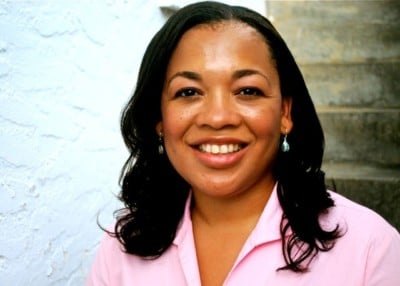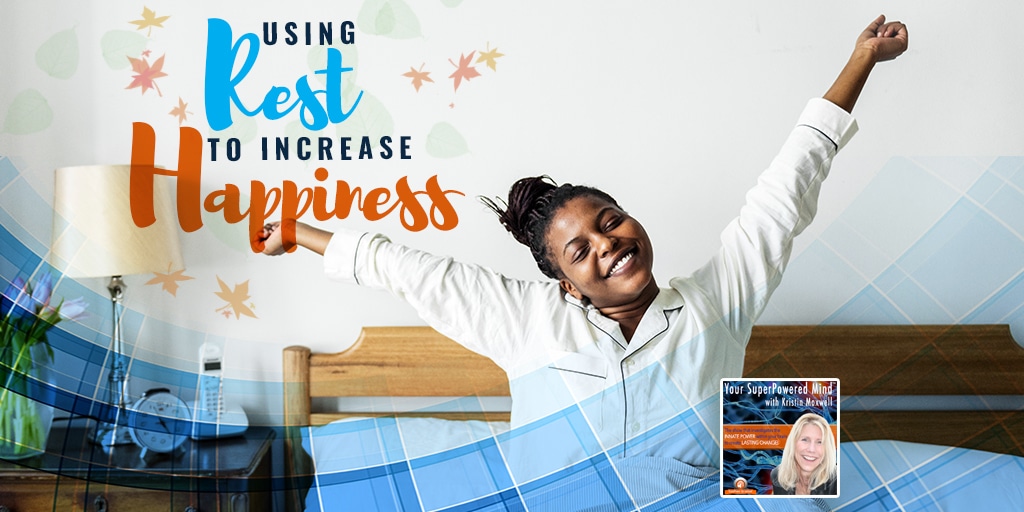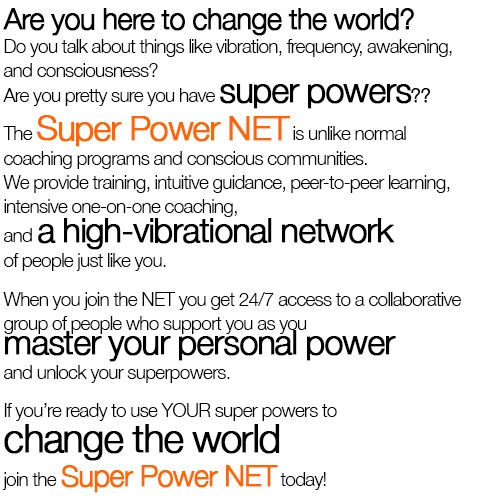
Hey everybody. This is Kristen Maxwell, and you are listening to Your Super Powered Mind. We’re going to be talking today about using rest to increase happiness.
I cannot wait to introduce you to our guest. We are going to be talking to Sandra, Dr. Sandra Dalton-Smith. She’s an author, speaker, and a board certified internal medicine physician. In addition to having an active medical practice, she teaches courses on health nutrition and disease progression.
She’s a national and international media resource on mind, body, spirit connections, and has been featured in many media outlets including Women’s Day, Red Book, First for Women, MSNBC, and Prevention. She’s the author of a couple of books, Set Free to Live Free and Come Empty, which won a few awards, and also recently released, Sacred Rest, Recover your Life, Renew your Energy, Restore your Sanity.
She is going to be a wealth of knowledge for us all, so Dr. Dalton-Smith, is that what you like to be called? Or Sandra? Please tell me, welcome to Your Super Powered Mind.
You’re welcome to call me Sandra, a lot of people call me Dr. Sandra just to keep it simple.
Okay, great, thank you. I always want to make sure I’m addressing people in the most, the best way. So my first question is always, what super power did you uncover as a result of mastering your mind?
The super power I uncovered really was rest, that was the whole reason that I wanted to really get a chance to share with you, because I think as we think about super powers, for me, I’m thinking about what is it that I possess that allows me to be my best answer to super naturally produce above and beyond what looks to be natural.

I’m one of those people who like to get things done and be highly productive.
And I’m one of those people who tends to push and grind, I’m a type A personality, enneagram type three, I’m one of those people who like to get things done and be highly productive. And what I found was, to be able to do that and do it with excellence, I needed to learn how to rest well.
Wow, so I love what you’re saying about the idea of producing above, super natural production, because I know there are people like that. The people I know who do that though, tend not to sleep very much. Can you tell us a little bit, I know you mean rest beyond just sleeping, what kind of rest do you rely on?
Well that’s the thing, it definitely isn’t just sleep. When I was investigating this whole process of learning how to really recover my life and to get back on track where I could do what I wanted to do and do it with happiness and enjoy the process actually. I started noticing that regardless of how many hours I slept, I still felt exhausted, and I still didn’t feel like I was fully getting what I wanted out of the career and the life that I spent so many years building.
So I started breaking down and started researching what parts of my life felt out of balance, what parts of my life didn’t feel as if they were full, they felt as if they were being drained. And what I discovered were seven different areas of my life that I could tell, that I was pulling on these areas, I was using them in my day to day activities and if I failed to try to rest in that area or recover in that area then I wasn’t operating or producing at my best level.
And those seven areas were physical, mental, emotional, spiritual, sensory, social and creative. And so that’s how it started for me. It was diving deep into breaking up really what is rest? And what are the different parts of my life that need rest to be functional?
Wow, that’s fascinating. So I want to hear all of it actually. So what do you mean by rest then?

It’s not just about taking a day off or going on a vacation.
Yes, absolutely. For me, when we talk about rest, it’s not just about taking a day off or going on a vacation or any of those things that we sometimes think about.
It’s about restoring, it’s very intentional, it’s about restoring something specific. So let’s just look at physical rest as one aspect of it. We talked about sleep. Well, physical rest is divided up into both passive and active.
So passive, physical rest is sleep and napping, and those things that biologically, you really don’t have a lot of control over. Something has to happen in your body to lead you into a deeper level of sleep. Whereas active, physical rest, is something more along the lines of let’s say, yoga.
Or taking as we call, a Sunday stroll, just a relaxing walk. Where the goal is not to go to sleep, but the goal is to improve circulation, improve your lymphatic flow, relax muscle, release tension. It’s a different mindset. And both are needed really for your body to feel good.
Wow, that’s fascinating. So what, I had never really thought about yoga or walking as a form of rest, but as you say it, it really is a time when often your brain lets go, and it feels so restful.
So what’s an example of rest in a different area, outside of the physical?
Well, if we’re looking at let’s say, emotional rest. That’s one for a lot of people are like, oh, I never thought about that. But emotional, if we think about most of our lives, our professions, the things that we do where we are in front of other people, there’s a level of conformance that is expected. And it’s in some realms, it’s considered professionalism, for instance, if I show up at the ICU, they’re expecting Dr. Dalton-Smith to come up, they’re not expecting Sandra to show up. So there’s a level of professionalism that is expected with that, but it also is a level of performance, because my normal personality is not that serious type personality, it’s more of a kind of a goofy, joking kind of personality, so that’s what my friends expect.
But I can’t be authentically who I am in the setting of the ICU, and that’s where I spend a lot of my time is with patients. 40 hours a week, I’m with people being their physician. So when you have that type of ongoing performance mode, of professionalism that pulls on you, you have to understand that there have to be times in your life where you are not the one that’s consistently giving.
That you are able to receive and be able to express yourself in a way that feels very real and very authentic and very raw. And oftentimes, what happens, particularly with people who are professionals, they never feel that time.
They never feel they have that time to have emotional rest, to let their guard down, to not perform and to not have that extra motivation to be a people pleaser.
Wow. So how for example would you get rest from your professionalism?
For me it ends up being having those people in my life who I know I can receive from. Everyone in our life is either giving or receiving from us. Now some of it’s very, very organic, your husband and your kids, they expect things from you, so it’s not like they’re being negative, it’s not a negative thing that they’re receiving from you.
But there has to also be people in your life that are actively giving to you. So I make that a priority. I have friends, and emotional rest and social rest oftentimes go very hand in hand because of the people aspect of it.
But I have friends, and two of my best friends are actually completely across the country, one’s in the West Coast in California and the other one is in Canada, and we are each other’s emotional and social rest. With social rest being that rest we find from being in the presence of life giving people.
It’s the opposite of what we see with most social media now, where it is all computerized and we lose the essence of someone’s presence, the power of their presence and the ability of their presence to heal. So for the three of us, what we often do, is we actually do Skype calls with each other.
Not a phone call, not a text, we actually see each other, when your hairs in a mess, when your makeups off, we actually are looking at each other and get a chance to appreciate being in the presence of someone who really gets you. When you can just tell your truth without apology and not feel as if you’re going to be condemned by it.
Right. Or judged, or being held to a standard. Yes. That is beautiful. Well we are going to take a quick break, but before we go, I would love, can you tell people where they could learn a little bit more about you and your work and your books?
Absolutely, I highly recommend that they visit restquiz.com, that’s where I have a free assessment where they can find out for themselves which of the seven types of rest they need most.
That’s great. We have been talking to Dr. Sandra Dalton-Smith about using rest to increase happiness and we will be back in just a moment.
To listen to the entire show click on the player above or go to the SuperPower Up! podcast on iTunes.
Music Credit: Words and Music written and performed by David Delmar. Engineered and produced by John Keenan.
Podcast: Play in new window


